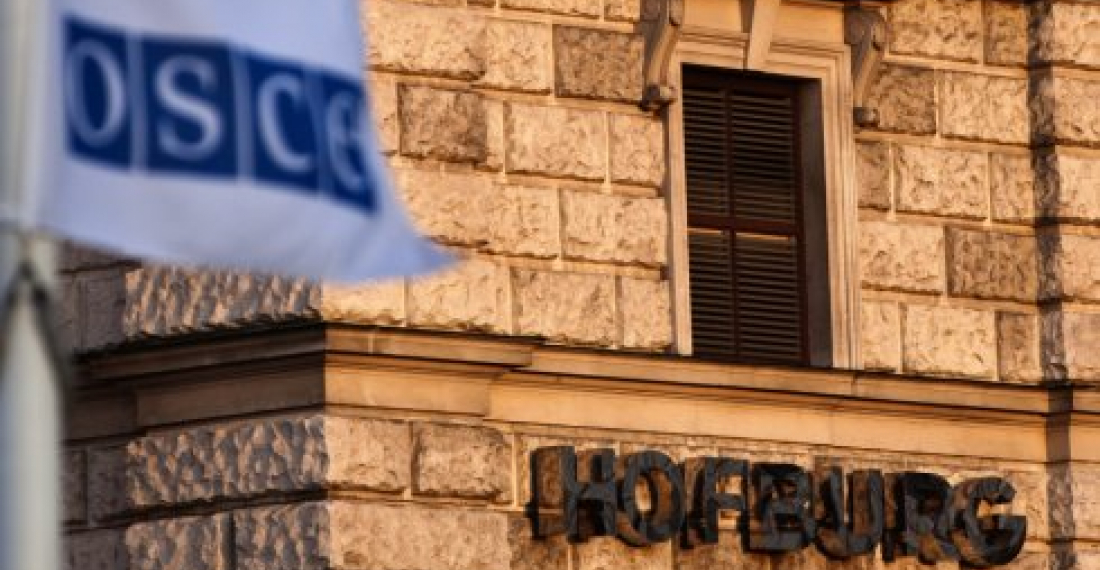Diplomats mediating the resolution of the Nagorno-Karabakh conflict will meet with the new leadership of Armenia in June as they continue with efforts to unblock the negotiations between the sides in the conflict. On Tuesday (15 May), the diplomats, representing France, Russia and the United States confirmed this in a statement issued following their meeting in Paris with the Foreign Minister of Azerbaijan, Elmar Mammadyarov.
The statement said that they "discussed modalities for moving the peace process forward". In the meeting the Personal Representative of the OSCE Chairmanship, Ambassador Andrzei Kasperzyk "informed the participants regarding the relatively stable situation on the Line of Contact".
The statement added that "Minister Mammadyarov expressed Azerbaijan's readiness to resume active negotiations as soon as possible."
source: commonspace.eu







